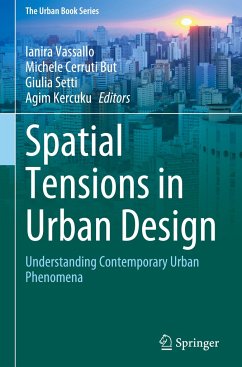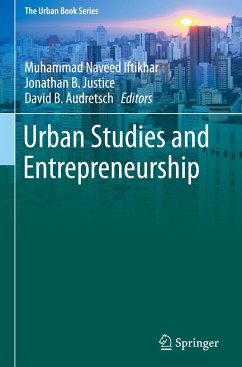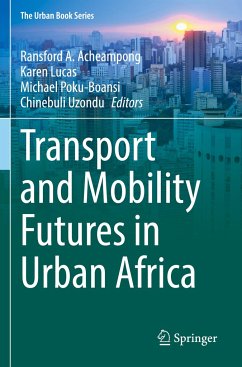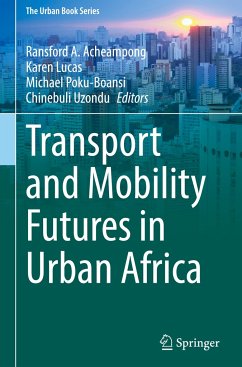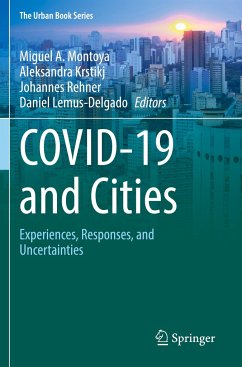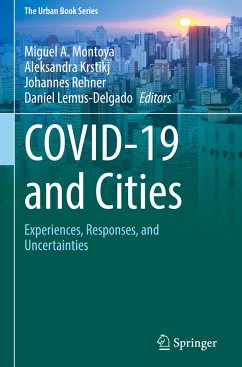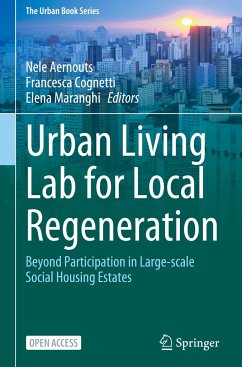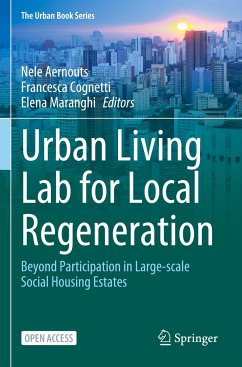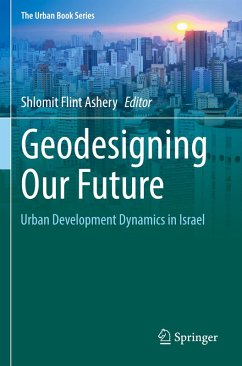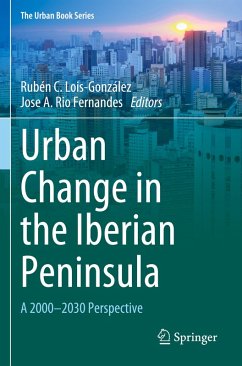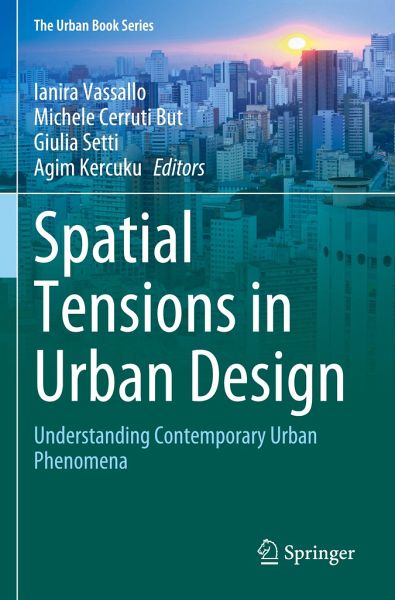
Spatial Tensions in Urban Design
Understanding Contemporary Urban Phenomena
Herausgegeben: Vassallo, Ianira; Cerruti But, Michele; Setti, Giulia; Kercuku, Agim
Versandkostenfrei!
Versandfertig in 1-2 Wochen
92,99 €
inkl. MwSt.

PAYBACK Punkte
46 °P sammeln!
This book provides an original research perspective to the field of contemporary urban conflicts. Even though violent conflicts have transformed cities during the XX century, it is nowadays possible to identify the phenomenon of "Tensions" as a specific contemporary both social and spatial urban changes catalyst.Through a collection of essays from various disciplines focusing on international case studies-from India to Europe to Latin America- the publication explores the multifaceted concept of "spatial tensions" as a lens for better understanding contemporary urban transformations. While ten...
This book provides an original research perspective to the field of contemporary urban conflicts. Even though violent conflicts have transformed cities during the XX century, it is nowadays possible to identify the phenomenon of "Tensions" as a specific contemporary both social and spatial urban changes catalyst.
Through a collection of essays from various disciplines focusing on international case studies-from India to Europe to Latin America- the publication explores the multifaceted concept of "spatial tensions" as a lens for better understanding contemporary urban transformations. While tensions often depend on spatial dispositives and superstructures, they also offer a powerful key for design practices and strategies.
Through a collection of essays from various disciplines focusing on international case studies-from India to Europe to Latin America- the publication explores the multifaceted concept of "spatial tensions" as a lens for better understanding contemporary urban transformations. While tensions often depend on spatial dispositives and superstructures, they also offer a powerful key for design practices and strategies.



